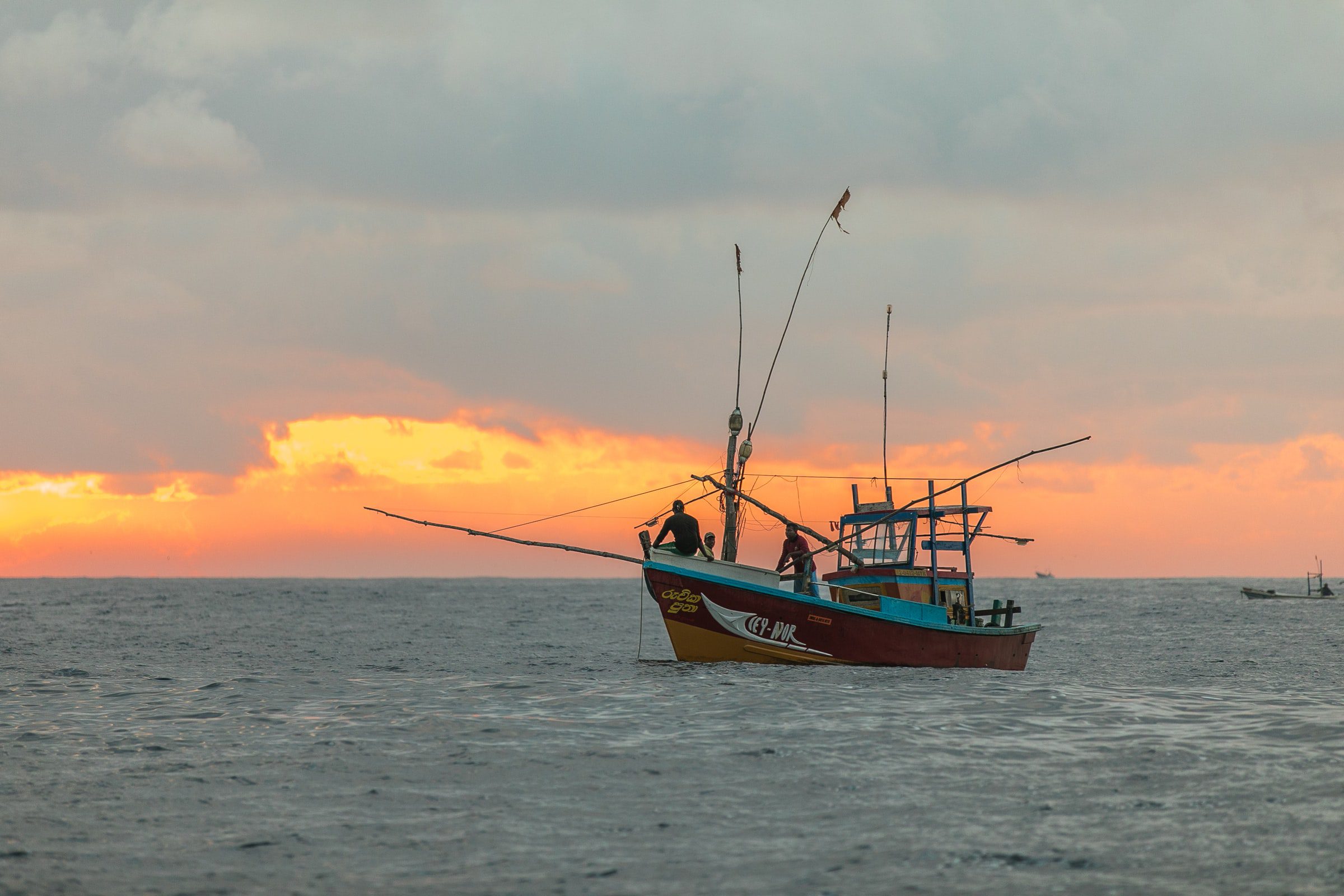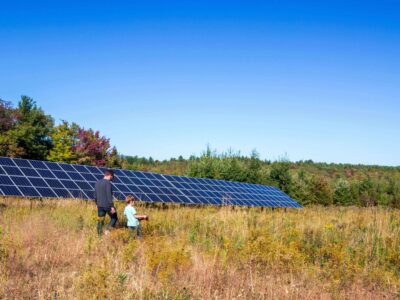Tidal Vision is turning crab, lobster, and shrimp shells into a sustainable, green fiber known as chitosan. The Bellingham, Washington-based business is changing the way we use the crustaceans with the product, which – when mixed with liquid – can be used for water purification, odor reduction, medical cosmetics, textiles, plant growth, and fresh produce preservation. The chitosan replaces harsh polluting metal and petroleum-based chemicals that are traditionally used in such processes. Even the process of creating chitosan is a sustainable one. The use of chitosan is becoming an important driver in cleaning up the environment for many businesses.
Co-founder Craig Kasberg launched Tidal Vision six years ago with a vision of using “green chemistry” to create safer chemicals. Though he did not invent chitosan, he’s certainly made a better mousetrap by making it easier to use and less expensive. In less than a decade, the company has experienced explosive growth, quickly becoming the leading American producer of chitosan, making more than 5 million gallons each year.
Tidal Vision recently opened a new production facility in South Carolina and plans to grow to at least 60 employees by the end of 2022. Tidal Vision’s chitosan is made using natural waste products and creates an environmentally-friendly product – it’s a perfect circular process that is becoming more and more popular across the globe. In fact, the product is on the Environmental Protection Agency’s Safer Chemical Ingredients list.
Kasberg, who grew up in Alaska, was inspired to start the company after his experience working on a commercial fishing fleet.
“I started working on commercial fishing boats, harvesting seafood when I was 14 years old. I was captaining my own boat by 19 years old,” he said.
“Seeing a third of the catch thrown away, it just seemed like there had to be a better way and that’s ultimately what inspired the research and the creation of Tidal Vision.”
Kasberg explained that crab shells are an “abundant and problematic byproduct” that are generally sent to landfills or incinerators.
“We’re not only taking a problematic waste stream from the industry that I know and love and grew up in, but now we’re able to turn it into something that really does good for the world, that displaces non-biodegradable toxins and heavy metals,” he added.
Tidal Vision is a great example of using environmental waste to create a non-toxic, biodegradable alternative to polluting chemicals. In doing so, the company has made it easier to spark systemic change in industries nationwide by lowering the cost of doing sustainable business.
“Our mission is to create positive…change in these industries,” Kasberg continued. “And our strategy for doing that is by pricing and positioning our products as not just the green chemistry alternative, but truly the lower cost and green solution.”





